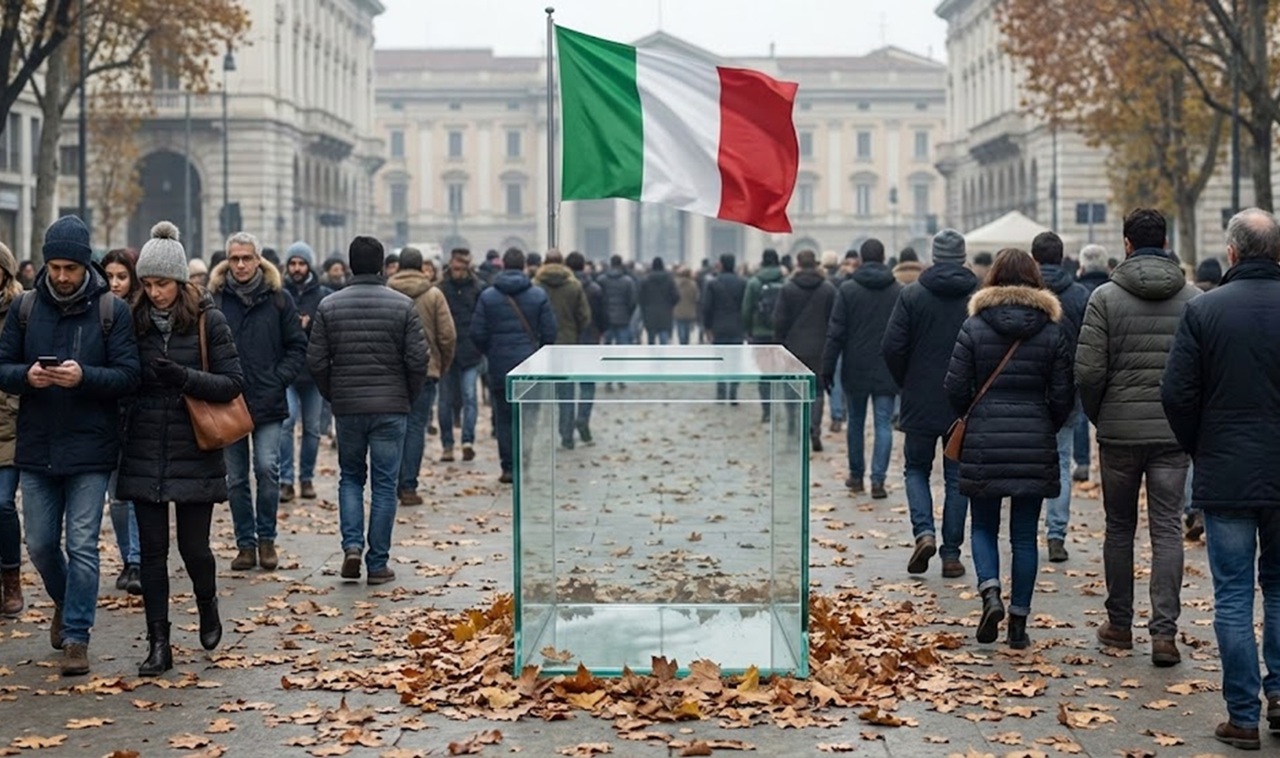Italy
The hollow Victory: Italy’s Regional elections confirm the power of the few amidst record abstention

The regional elections held in Italy on November 23rd and 24th, 2025, covering the crucial regions of Veneto, Campania, and Puglia, involved a population catchment area of roughly 15 million people. In any healthy democracy, this would be a significant mid-term test. However, the results deliver a stark warning not about who won, but about who didn’t show up.
The outcome was boringly predictable: the favorites won, the incumbents’ coalitions held firm, and the political map remained static. But the real story lies in the collapse of voter turnout, which plunged to historic lows, signaling a profound disconnect between the Italian electorate and its institutions.
The numbers of disengagement
The data is unequivocal. In these three major regions, less than half of the eligible voters bothered to cast a ballot.
-
Veneto: A region traditionally known for high civic engagement saw turnout drop to 44.65%, a massive decrease from 61.2% in the previous election.
-
Campania: In the south, turnout fell to 44.08%.
-
Puglia: The lowest participation was recorded here, with only 41.83% of voters showing up , a drop of over 14 percentage points.
The aggregate average of 43.65% paints a picture of a democracy running on fumes. When compared to the previous 57.60%, it becomes clear that the “party of abstention” is the absolute majority holder in Italy today.
A Democracy of patronage?
Why this mass exodus from the polling stations? The prevailing analysis suggests a shift towards a transactional form of democracy. The voting base seems to have shrunk to those with a direct or indirect interest in the administration—public employees, contractors, families connected to the political apparatus, and hardcore partisan supporters. The “banal confirmation of power” seen in the victories of Alberto Stefani (League) in Veneto, Roberto Fico (Five Star Movement/Democratsd in Campania, and Antonio Decaro (Democrats) in Puglia reflects the strength of local power networks rather than a wave of popular enthusiasm.
The Winners’ Illusion
While political leaders in Rome try to spin these results—Prime Minister Giorgia Meloni celebrating the stability of her coalition in the North , and opposition leader Elly Schlein claiming a “resurgence” in the South —the reality is far grimmer. The victories were landslides in percentages (Stefani and Decaro both exceeding 64% of the votes cast), but when weighted against the total electorate, these mandates are built on a shrinking foundation. The “government of the people” is increasingly becoming the “government of the interested few,” leaving the vast majority of citizens as spectators in a political theater they no longer feel they own.
In an Atlantic context, this signals a dangerous fragility in one of Europe’s key democracies. Stability achieved through apathy is no stability at all; it is merely a vacuum waiting to be filled.






